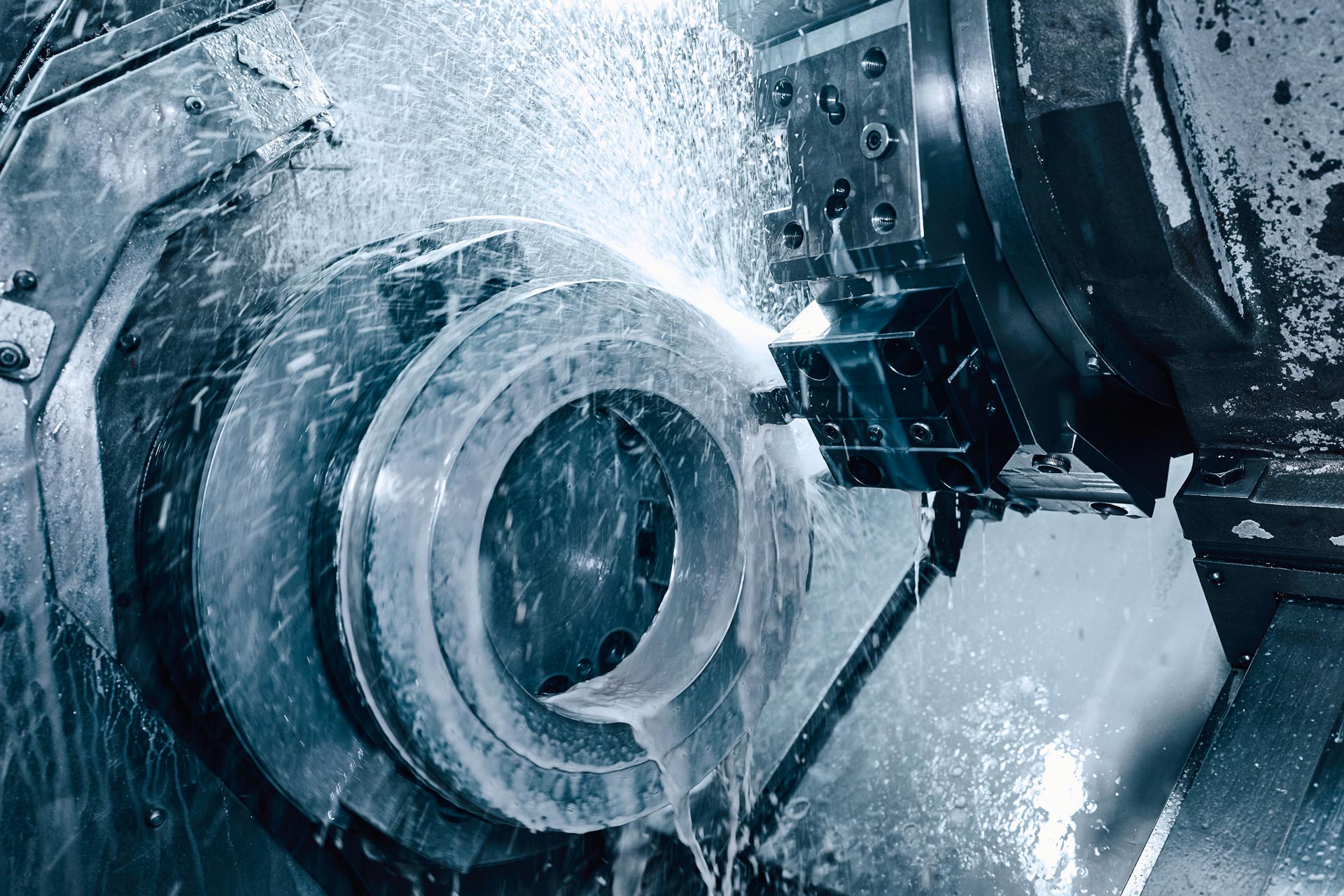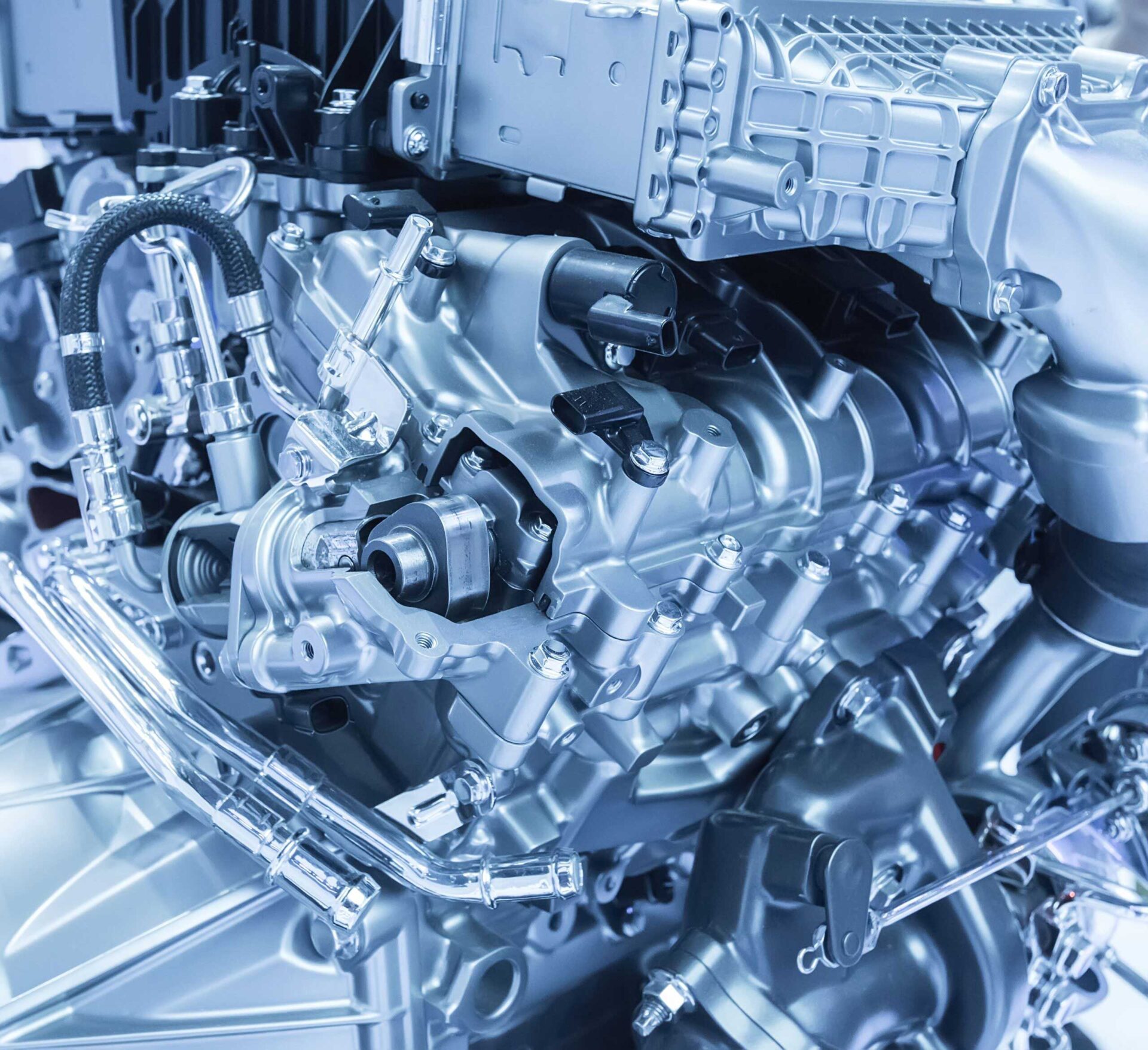Reliable, temperature-resistant and corrosion-resistant special materials.
The automotive industry is one of the largest, most important, technically sophisticated industries. It demands top efficiency. As a supplier, this means that we must meet strict requirements and demands top efficiency. When producing components, we are as resource-efficient as possible, work with complete reliability and guaranteed adherence to deadlines.
As a manufacturer of open-die forged workpieces made from special materials, we produce products with enhanced efficiency. Forging the individual components creates homogeneous structure which ensures top material durability and the best possible quality. As a result, our products are ideal for use at high temperatures and in the presence of corrosive media, e.g. in exhaust and injection systems.
As the development of highly efficient engines continues to increase, the need for special materials will continue to grow in the future. The automotive industry no longer focuses only on vehicles with traditional combustion engines; increasingly, e-mobility is also a key aspect. This has given rise to new requirements in relation to the materials used and the manufacturing processes – and we can meet these requirements entirely according to your specifications.
Our products can reliably withstand the conditions to which they are exposed. To do so, we use the advantages of forging technology and the exceptional properties of our special alloys.

List of special materials used in the automotive industry


